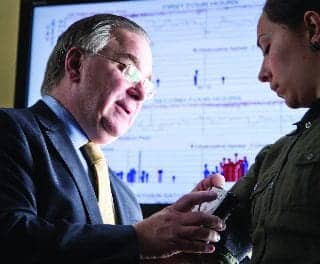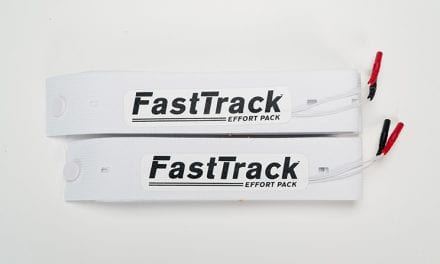As part of its Work Plan for FY 2009, the Office of Inspector General (OIG) will investigate the appropriateness of Medicare payments for both sleep studies and CPAP devices.
“We will examine the appropriateness of Medicare payments for sleep studies,” the Work Plan states. “Medicare payments for polysomnography increased from $62 million in 2001 to $215 million in 2005. We will also examine the factors contributing to the rise in Medicare payments for sleep studies and assess provider compliance with Federal program requirements.” The investigations will be conducted by the Office of Evaluations and Inspections (OEI), a division of the OIG, which focuses evaluations on fraud, waste, and abuse prevention; and on promoting economy, efficiency, and effectiveness of departmental programs.
Medicare payments for CPAP devices will also be reviewed. “We will review the appropriateness of Medicare Part B payments for continuous positive airway pressure (CPAP) devices,” the Work Plan states. “Previous OIG work revealed cases in which Medicare paid for CPAP devices that were not used by or delivered to beneficiaries. We will determine whether Medicare payments for CPAP devices were supported, billed, and paid in accordance with Medicare requirements.” The investigations will be conducted by the Office of Audit Services, a component of the OIG which performs auditing services aimed at reducing waste, abuse, and mismanagement and promoting economy and efficiency throughout HHS.
“Polysomnography has been in the work plan at least since last year, so I think it is more of the same from the sleep study standpoint,” confirms Clay Stribling, JD, attorney with Brown & Fortunato PC, Amarillo, Tex. “Companies that are providing any sort of diagnostics for sleep, whether it’s polysomnography or home sleep testing units—if they are reimbursed by Medicare for that kind of service, they need to be on their best behavior. It is highly likely that scrutiny is coming.”
Stribling warns that investigators don’t always look at claims that were submitted only after Jan 1, but occasionally they look at claims that are 2 to 4 years old. “Providers probably need to randomly select a sample of their CPAP charts, review them, and make sure that the charts they have for Medicare patients meet all the criteria and documentation is up to date,” says Stribling. “If you’re a large CPAP provider, it’s probably a good idea to bring in an outside auditor with a fresh set of eyes. Investigators will look at the largest providers first as targets for potential audits, because that’s where they see the highest potential for error or savings.”
Related articles:
CPAP Sales Booming, Prescriptions Questioned
CPAP Product Review




